Recreational vehicles (RV) are gaining immense popularity due to the freedom and adventure they offer people on the go. The power system is one of the most important aspects of an RV, as it provides the comfortability of a home as well as the ability to travel to any remote area. Lithium Iron Phosphate (LiFePO4) batteries have come out as the best option for RVs from different types of batteries available. This article discusses why LiFePO4 batteries are used in most RVs and mentions some of their benefits over traditional battery technologies, which create a better RV experience.
LiFePO4 Battery breakdown
Lithium-ion batteries, in which LiFePO4 (lithium iron phosphate) batteries are just one kind, are especially remarkable due to their unique chemistry. The lithium iron phosphate is a unique cathode material with several advantages over other lithium-ion and conventional lead-acid batteries. These benefits make them ideal for applications where consistent and reliable power is desired and needed for an extended time frame (like 5th wheels and other RVs).
Pros of LiFePO4 Battery for RVs
- Longevity and Durability
Long Lifespan: The big win with LiFePO4 batteries is their longevity. This usually results in a lifespan of up to 5-10 longer than lead-acid batteries. A lead-acid battery might provide 500 cycles, whereas a LiFePO4 battery could provide 2,000–5,000 cycles or more. As a result, they will last longer, which means you will go through fewer replacements over the life of the RV, which is great for keeping long-term costs and inconvenience at bay.
Deep Cycle: when taken care of correctly, these batteries can be discharged and recharged hundreds of times without losing any performance capabilities. The figure above illustrates the Depth of Discharge for Lithium-Ion batteries, which can be discharged up to 80–90% of their capacity without irreversible damage to the battery, unlike lead-acid batteries which should not be discharged below 50% DOD for economical, and longevity reasons. The deep cycle capability benefits RV owners with more usable power
- Weight and Space Efficiency
Lighter weight: LiFePO4 batteries weigh much lighter compared to their lead-acid counterparts. This weight savings is especially helpful for RVs, as a few pounds saved is a few more pounds to carry extra camp gear. The reduced weight will improve mileage and handling, but it also makes the location of the batteries relative to the center of gravity within the vehicle much easier.
Size: LiFePO4 batteries are also smaller compared to Lead bore, which is an awesome feature. The compressed rack area also allows for more compact seating positions, which alleviates some of the fit installation needs and helps open up valuable space for other uses. This way, RV owners have more baggage or supply storage space available to them to improve the overall travel experience.
- Enhanced Safety
Heat Stability: Importantly, LiFePO4 batteries have good heat and chemical stability. Because LFP does not run quite as hot as other chemistries, they are also one of the safest types of lithium batteries. These types of batteries have significantly less risk of thermal runaway compared to other lithium-ion batteries and are much less likely to start a fire or explode.
Non-hazardous Materials: These batteries are non-hazardous and non-heavy metals (like lead, mercury, or cadmium). This not only allows significantly thicker plates to provide greater power but also makes them more eco-friendly and easier to handle and dispose of than lead-acid batteries.
- Excellent Efficiency & Performance
Better Energy Density: This battery's energy density is quite good, which indicates it can store more energy in a smaller area. This is indispensable in RVs where real estate on the floor matters. With a high energy density, RV owners can have all the power they need without needing to carry a huge energy bank in the process.
Constant Power Delivery: Such batteries consistently deliver power during the discharge cycle. Successor to the greatly installed lead acid batteries, LiFePO4 batteries do not suffer a reduction in voltage and performance as they discharge, it maintains a constant voltage allowing for all connected devices and appliances to work reliably.
Quick Charging: LiFePO4 batteries can be charged much more quickly compared to lead acid batteries. RV owners have been able to take advantage of this fast recharge time when they use a solar panel or generator to recharge their batteries so that they can get back to camping or boondocking sooner.
- Low Maintenance
LiFePO4 batteries have minimal maintenance requirements: unlike lead-acid batteries that need regular watering and terminal cleaning to avoid sulfation and corrosion, LiFePO4 batteries require almost no maintenance. Less time needed for maintenance: LiFePO4 batteries require very little maintenance which allows RV owners to spend more time enjoying their travels.
No memory effect unlike other types of batteries, LiFePO4 batteries do not have a memory effect in which the battery "remembers" a lower capacity after each behavior release and thereafter refill. This reduces the memory effect and thus ensures that the battery maintains its full capacity and efficiency over time.
Benefits of LiFePO4 in an RV Case Study
What if you're an RV enthusiast and you embark on one long boondocking adventure after another with solar panels to give you power? The benefits the owner realized were: An end to the laborious task of lugging a generator back and forwards, a saving of both time and fuel an increase in the caravan range by remaining off gridAn extended cycle life of over 1000 cycles (compared to the lead acid batteries 200-300)An increase in storage capacity (3 x 100ah in series = 300ah)Percentage remaining displayFalse battery yellow 'light' shines below 10%Consistent performance efficiency even though the installation of the batteries was going to be a costly pursuit the owner was confident that the upgrade would be worth the investment as the alternative would be upgrading to a far more expensive caravan.
For longer trips, it also allowed the batteries to discharge deeper, giving appliances more power for a longer time so less total battery capacity would have been required.
LiFePO4: The main LiFePO4 distribution point was a pair of 12V PerformanceData63Ah batteries that reduced overall vehicle weight, helping fuel efficiency and handling.
Fast.ChargingFaster charging means the owner could restore the pack to full using primarily solar power through the day, and not be dependent on the sun from dawn till dusk.
Less Maintenance: Due to the relatively low maintenance nature of LiFePO4 batteries, the more we could eliminate having to worry about battery maintenance and get out and enjoy the RV lifestyle.
Challenges and Considerations
Although LiFePO4 batteries provide a load of benefits, you need to remember a few points.
Maybe the most significant downside, and the first one that affects everyone is that the price is at least double the price of a lead-acid battery. Nevertheless, a long lifespan and low maintenance burden can eventually help to compensate for the cost in the longer term.
The downside is temperature sensitivity, especially in cold temperatures — LiFePO4 batteries won't perform so well in really cold weather. (Several models have built-in heating elements to help with this, but it's something RV owners should think about, especially if you plan to drive through cold places.) 
Compatibility & Integration: With an upgrade to your LiFePO4 batteries, you may also find yourself needing to purchase compatible systems such as the charging systems and battery management systems to go along with it to increase its efficiency and lifespan while enjoying the benefits of this technology or even to workflow with the technology at all.
Summary,
For RV use, these primary benefits of LiFePO4 batteries include a longer lifespan, being lightweight, being safe and efficient, and being low maintenance. Benefits like these have made LiFePO4 batteries the top choice of nearly every RV owner who needs dependable, high-performance power. These features are offset by the higher initial cost and temperature sensitivity of LiFePO4 batteries, but for many, the implementation benefit of LiFePO4 batteries can make them a good addition to the RV experience. As technology marches on, LiFePO4 batteries will only further assert themselves as a key component of the future of RVing: power and freedom as you traverse exciting new lands of all kinds.






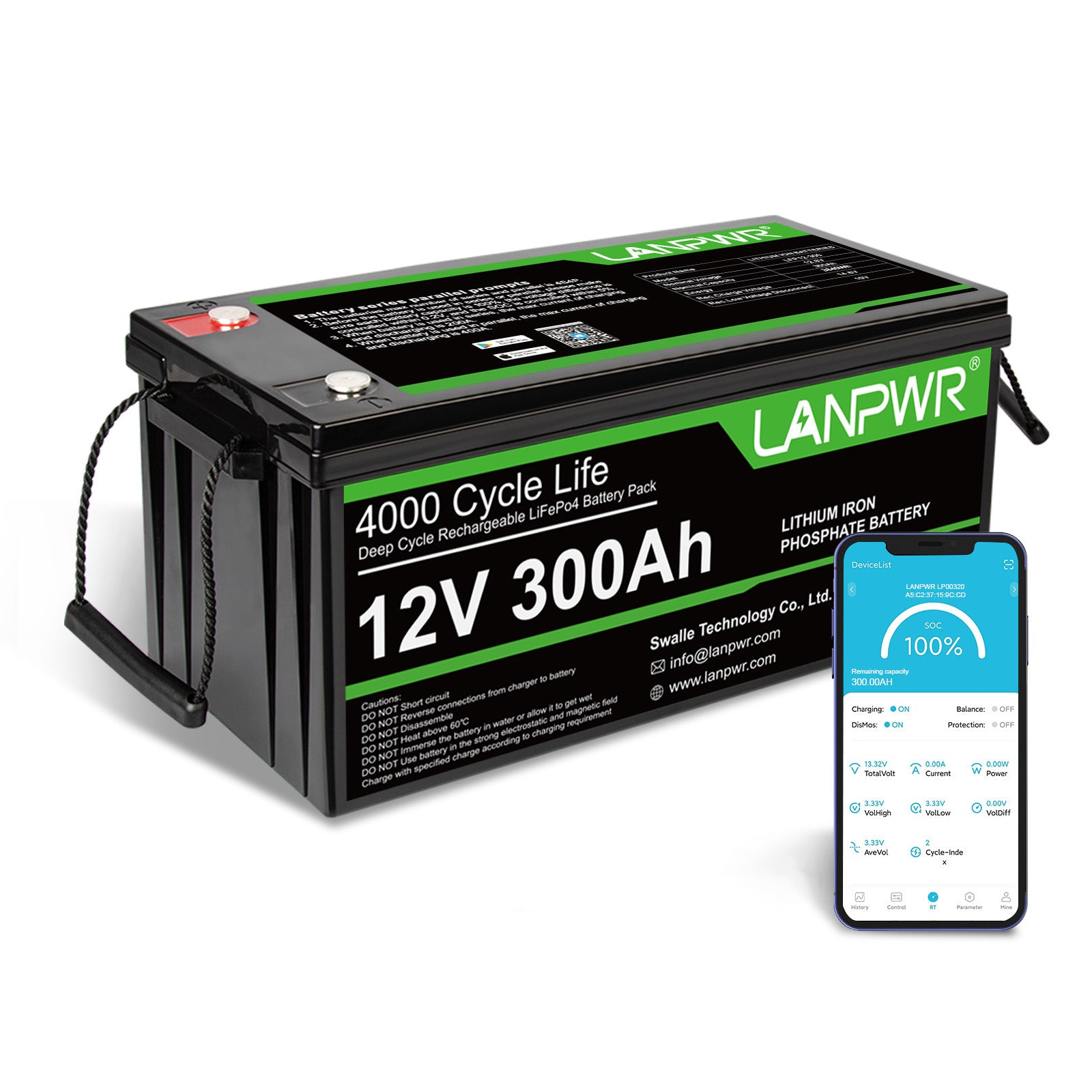
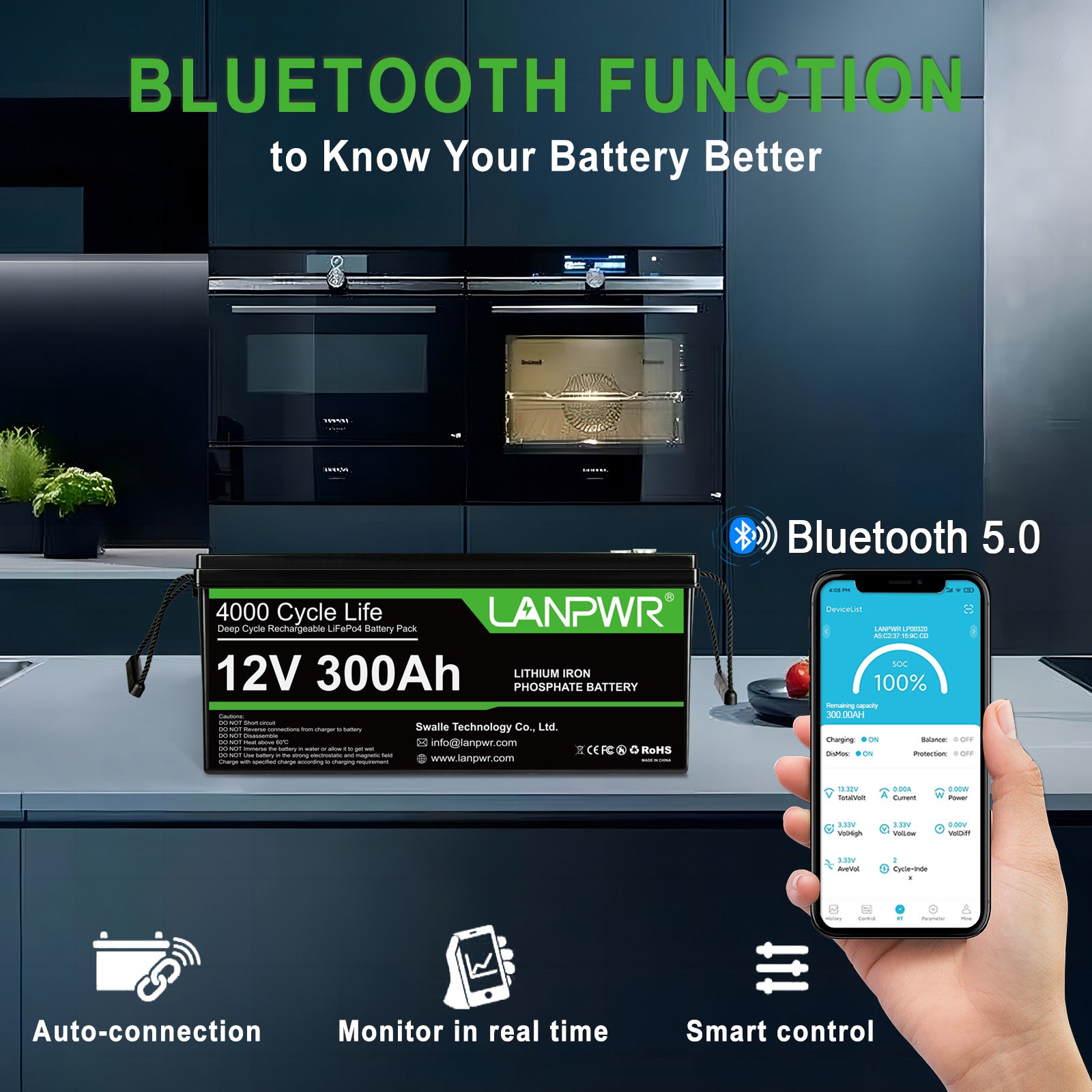
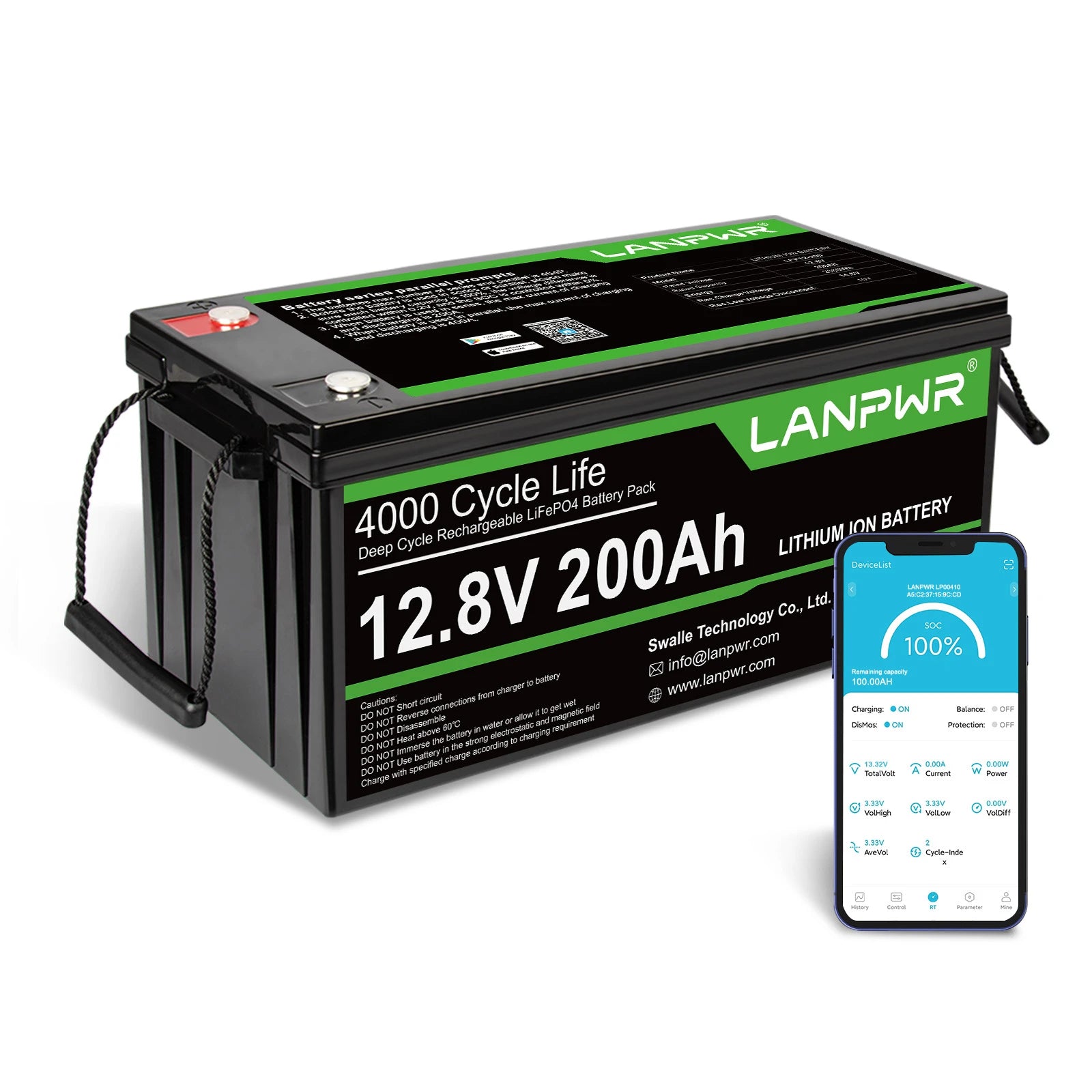
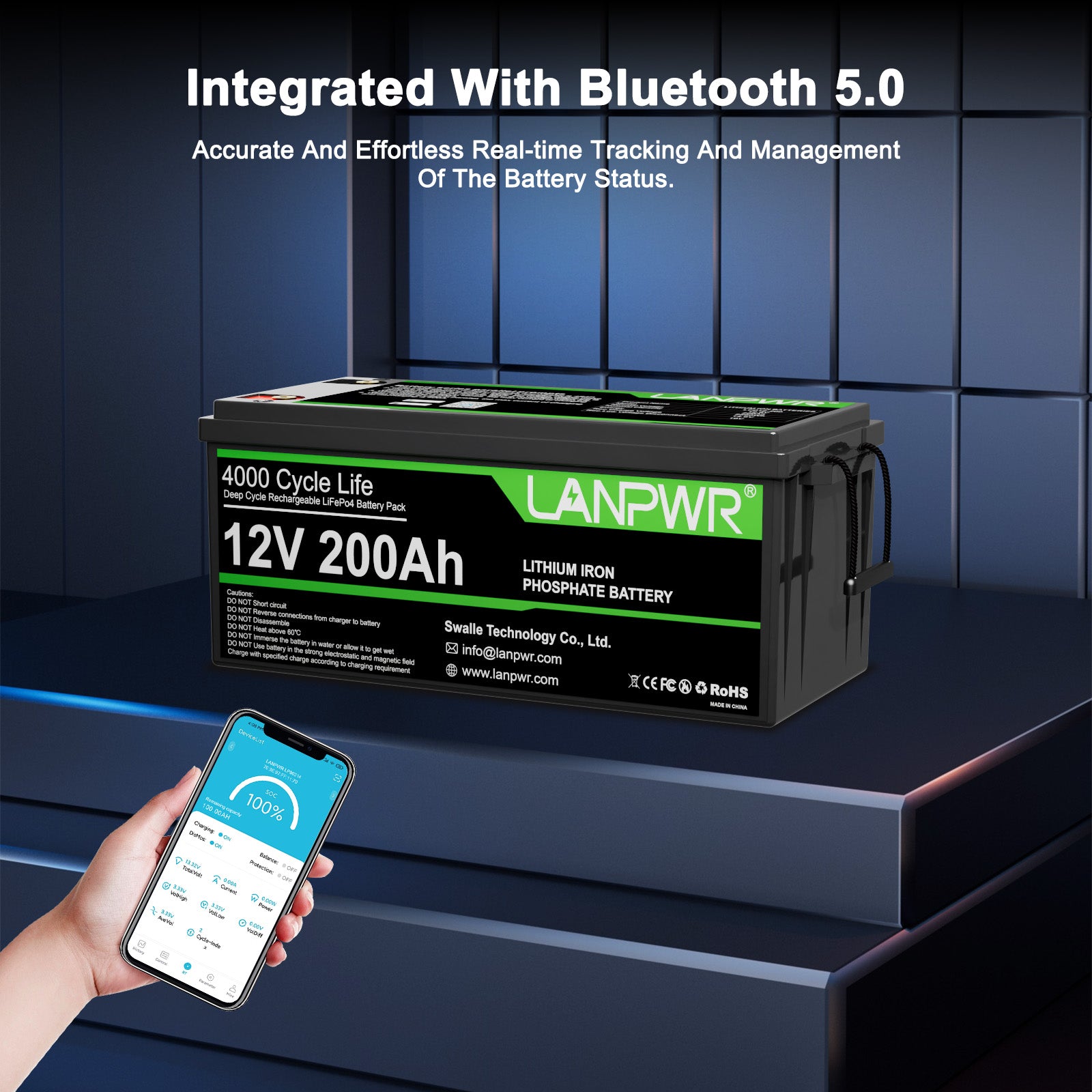
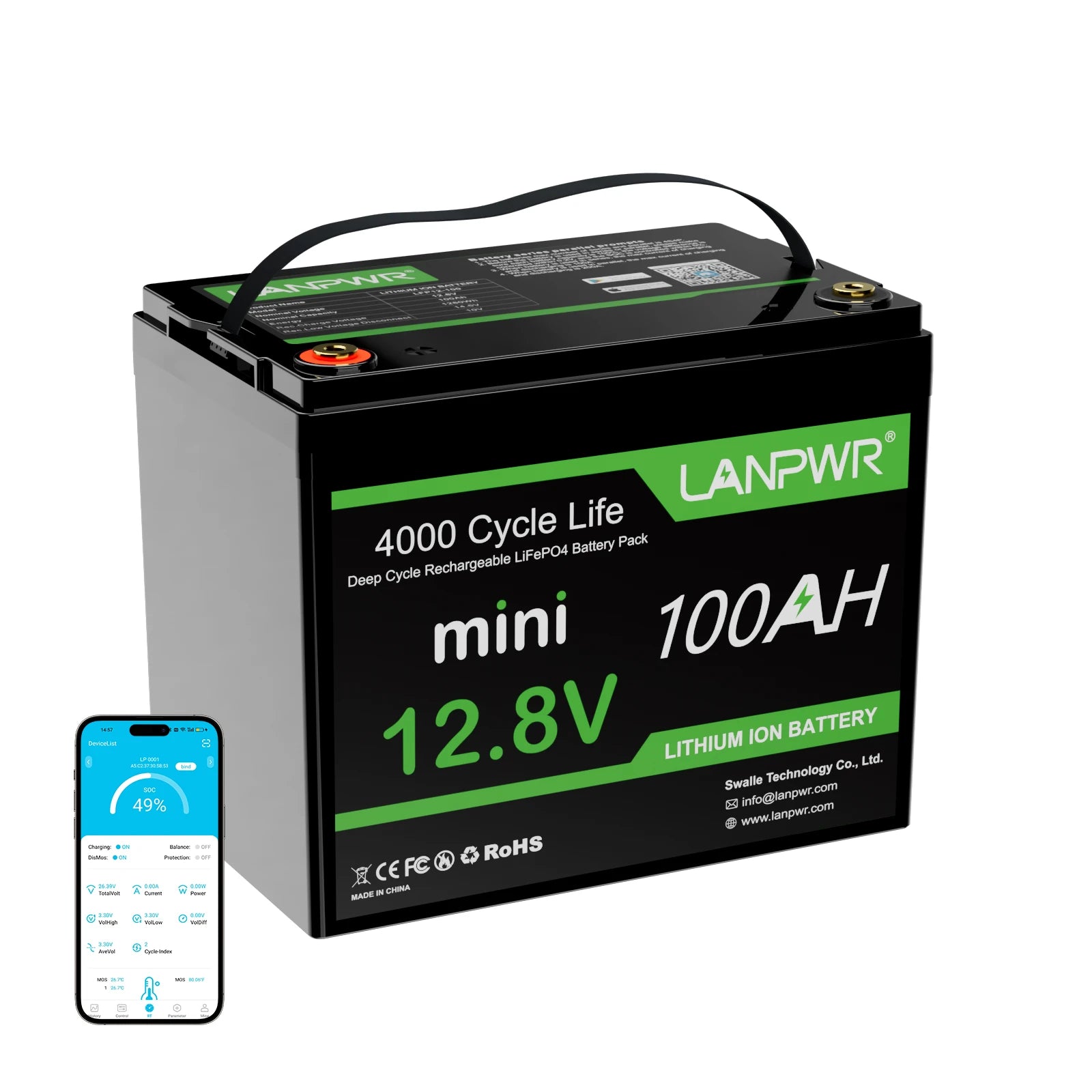

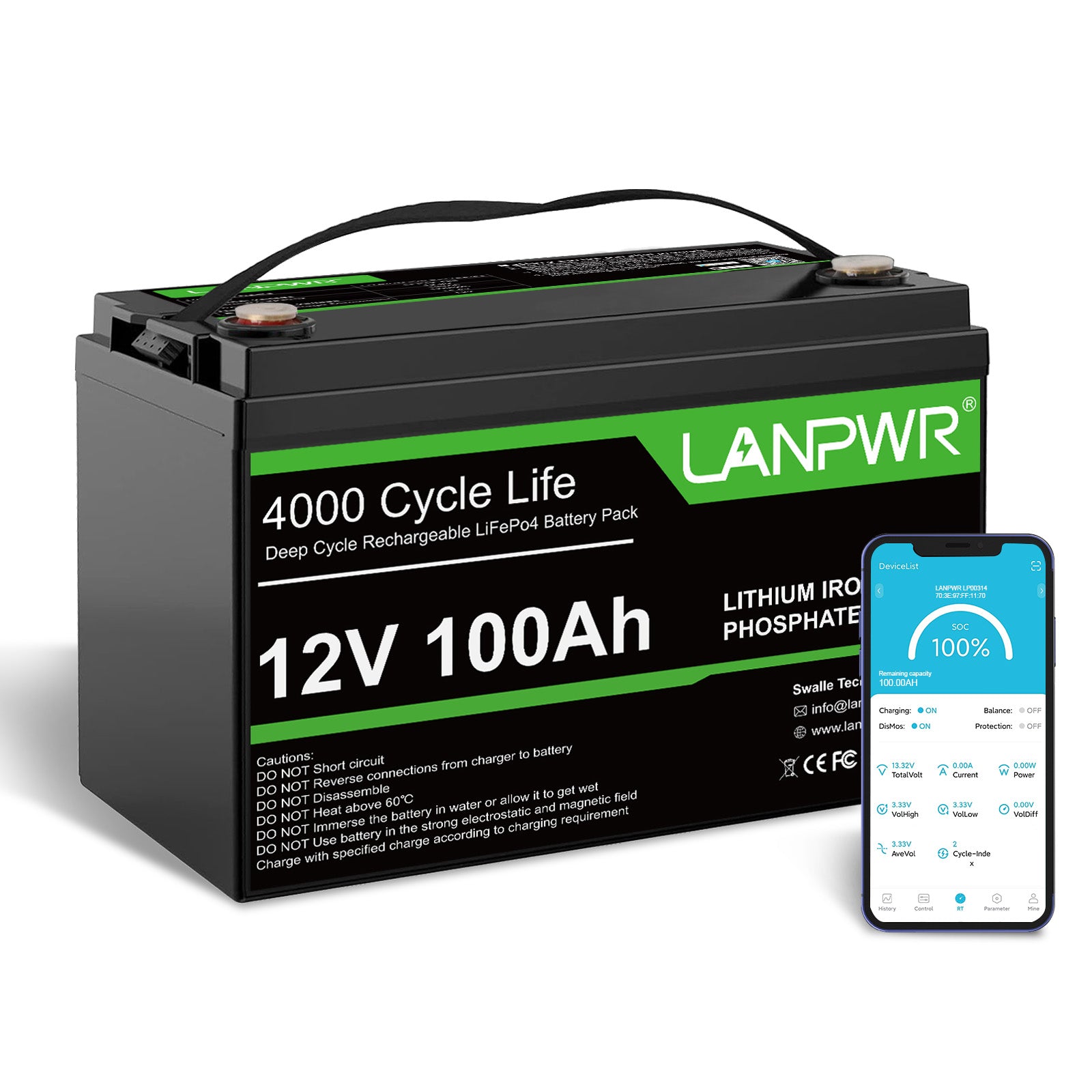

Leave a comment
This site is protected by hCaptcha and the hCaptcha Privacy Policy and Terms of Service apply.